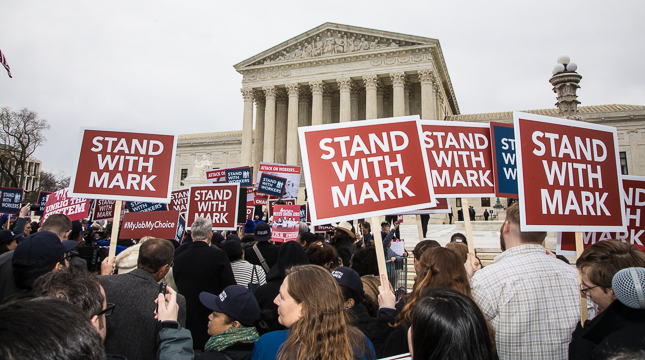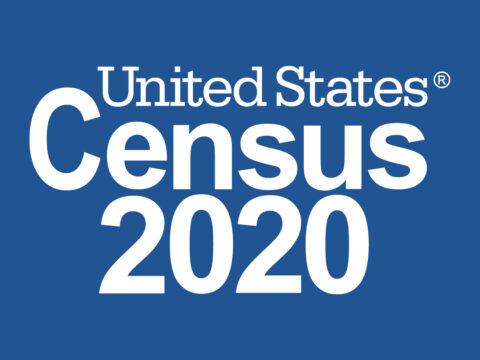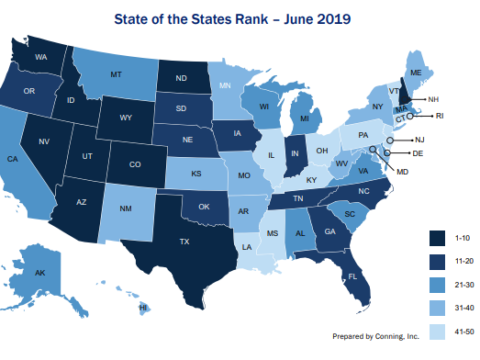
July 12, 2019 – Despite the landmark Supreme Court Janus ruling that non-union governmental workers may not be required to pay “agency fees” for collective bargaining, a study commissioned by The Associated Press concluded that union membership has not materially declined yet.
Based on analysis of federal data, union membership among public employees fell only slightly in the most unionized states.
The Associated Press said: “AFSCME and the Service Employees International Union lost a combined 209,000 agency fee payers after the Supreme Court ruling. Teachers unions also lost tens of thousands of agency fee payers.”
BuyMuni estimates that the reported decline represents less than 5% of the total national membership for the two large unions.
In what is an area of potential future litigation in the Supreme Court, union-friendly states have passed laws making it difficult for workers to drop their union membership. Some of the barriers cited included limited time frames to cancel dues deduction or revoke memberships (e.g. 30 days before the membership anniversary). In California, Democratic leaders passed a law requiring employees to revoke membership according to the terms of the union agreement, which meant some employees were forced to wait several years before they can terminate their membership.
The AP report also attributed strong union advocacy to stem membership losses. Leading up to and following Janus, unions stepped up outreach efforts to educate union members and new employees.
Lee Saunders, President of the American Federation of State, County and Municipal Employees (AFSCME) – the losing side of the Janus decision – said:
“People were saying that we were going to be buried, that this was going to be our death knell, that this was going to destroy public-sector unions in this country. And it did not do that. I believe that we have a much more engaged membership”.
BuyMuni spoke with two labor experts in New York, both of whom shared the opinion that the diminution of union memberships in Democratic states will likely be muted in the near term. However, given the contraction of the municipal labor force in these states, the absolute numbers of union members will decline over time. In conservative GOP-leaning states, our panel expects membership losses to accelerate by 5-10% every 2-3 years.
Contact Jenny Lee at JLee@BuyMuni.com.


